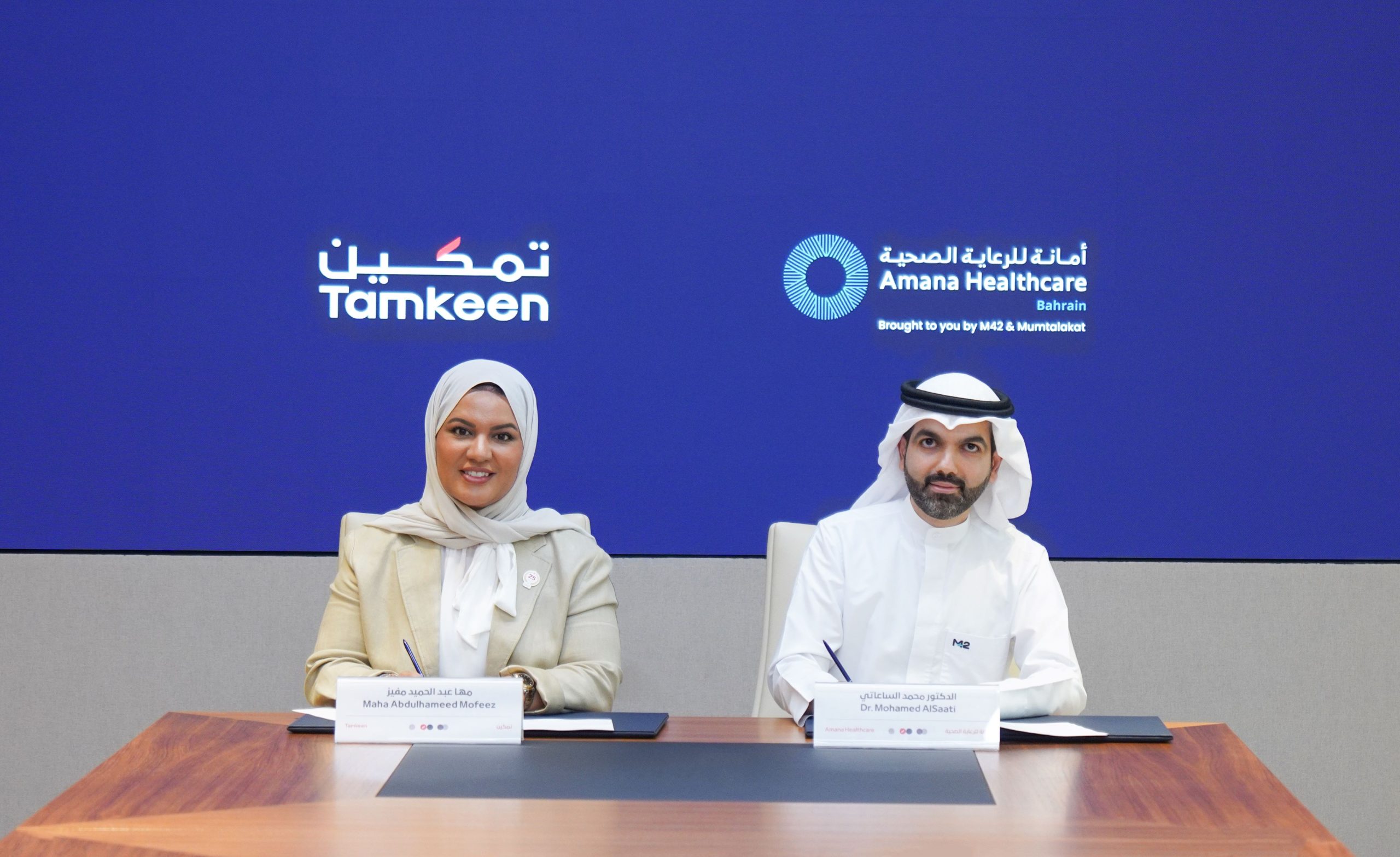As omicron spreads ever more gloom around the globe ahead of New Year's Eve, governments are moving at different speeds to contain the scourge, with some reimposing restrictions immediately and others hesitating to spoil the party again.
In Britain, where the highly contagious variant of the coronavirus has sent caseloads soaring to record highs, Health Secretary Sajid Javid said Monday no further restrictions will be introduced in England before the new year. New daily infections in England are hovering around 100,000, and hospital admissions were up more than 70% on Christmas from a week earlier.
“When we get into the new year, of course, we will see then if we do need to take any further measures, but nothing more until then, at least," Javid said.
Elsewhere in the United Kingdom, though, nightclubs have been ordered closed and limits on gatherings imposed in Scotland, Northern Ireland and Wales, leaving the country divided in its approach to the crisis.
For more coronavirus news, visit our dedicated page.
The Netherlands, meanwhile, has already shut down all nonessential stores, restaurants and bars and extended the school holidays in what largely amounts to a new lockdown. In Belgium, new measures went into effect Monday and over the weekend: Shopping in large groups was banned, and movie theaters and concert halls closed in the middle of the holiday season.
In France, Prime Minister Jean Castex announced a set of restrictions set to kick in next week, after New Year's. Among them: Big events will be limited to 2,000 people indoors and 5,000 outdoors; eating and drinking will be banned in theaters, at sports venues and on public transportation; and working from home will be mandatory at least three days a week for employees whose jobs make it possible.
Also, a bill will be voted on in France next month to create a vaccine pass that will allow only inoculated people to enter public places, including restaurants, bars and movie theaters.
The measures come after France recorded more than 100,000 COVID-19 infections in a single day for the first time in the pandemic.
In the U.S., the Biden administration has strongly emphasized the importance of vaccinations, boosters and rapid testing, while New York City’s sweeping mandate requiring nearly all businesses, big and small, to bar unvaccinated employees from the workplace took effect Monday. It was announced three weeks ago, soon after omicron gained a foothold in the U.S.
The top U.S. infectious-disease expert, Dr. Anthony Fauci, warned that with omicron, "it’s going to get worse before it gets better,” and he said authorities should seriously consider requiring that domestic airline passengers be vaccinated.
“When you make vaccination a requirement, that’s another incentive to get more people vaccinated,” Fauci told MSNBC.
Omicron has forced thousands of flight cancellations and delays around the globe because of staffing shortages linked to the virus, scrambling travelers' holiday plans.
FlightAware, a flight-tracking website, counted more than 2,700 cancellations worldwide by Monday evening in Europe — about 1,100 of them within, into or out of the U.S.
Despite the variant's extraordinary ability to infect people, early indications are that it might cause milder illness than previous versions. That uncertainty is keeping governments guessing and resulting in widely varying strategies for beating back the surge.
In Greece, authorities announced additional restrictions — also effective after New Year's — after recording its highest-ever one-day total of new infections, nearly 9,300.
Health Minister Thanos Plevris said that starting Jan. 3, high-protection or double masks will be mandatory at supermarkets and on public transportation; entertainment venues will close at midnight, and capacity will be cut to 10% at soccer stadiums, among other measures.
Other parts of Europe have likewise hesitated to slap more restrictions on their citizens.
In Poland, a nation of 38 million where the daily death toll now often tops 500, now-closed nightclubs will be allowed to reopen on New Year’s Eve, with the government unwilling to go against the will of the many voters opposed to restrictions and mandatory vaccinations.
And despite the highest death toll from COVID-19 in Europe, Russia will ring in the new year with little if any restrictions. Many precautions will be lifted during the holiday period that runs for 10 days starting New Year's Eve. Russia also will not impose any additional travel curbs.
The official Rosstat statistical agency estimated that between April 2020 and October 2021, Russia had 537,000 virus-related deaths.
In Belgium, the move to close theaters and arts centers came in for especially heavy criticism.
"We need it also for our mental health. It is the only way for people to live experiences, to tell stories. It is of paramount importance for us to be open in these complicated and complex times,” said Michael De Kok, artistic director of the Flemish Royal Theatre.
Some movie theaters stayed open in an act of civil disobedience.
A major staple of British holiday celebrations, the stream of English Premier League soccer games, is also under threat. The league has called off 15 games over the past 2 1/2 weeks, and more could follow.
For the latest headlines, follow our Google News channel online or via the app.
Read more:
Greece expands restrictions to contain omicron variant surge
France further tightens COVID-19 measures, but no curfew for New Year’s Eve
Australian PM says no Xmas lockdown as hospitals coping with rising omicron


 World3 years ago
World3 years ago
 World3 years ago
World3 years ago
 Business1 year ago
Business1 year ago
 Entertainment7 years ago
Entertainment7 years ago
 World7 years ago
World7 years ago
 Entertainment7 years ago
Entertainment7 years ago





